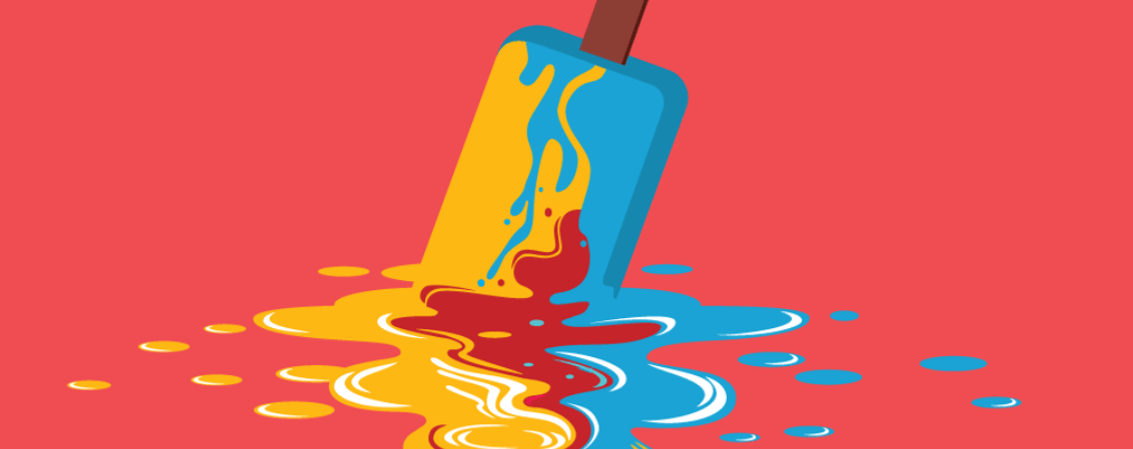The life of any digital designer is a balancing act, especially if you work in an agency.
Managing expectations with Account Managers and Directors; educating the team and the client on best practices, selling in the value of research and insights; not to mention doing the actual work sees many designers often shy away from actually reaching out to users.
We sat down with Alex Tworowsky, Founder of Sugar, who has been on both sides of the equation, from agency side to now running his own firm.
We asked him: what skills do UX Designers need to manage expectations in agencies – so they can deliver their best work? (And how can they land a job at Sugar?)
Tell us about Sugar.
We design thoughtful digital experiences. We ground our work in the needs of real people and use a variety of UX design methods to create highly desirable experiences for them.
I’d liken building user experiences to dating. Getting to know your user, figuring out how they think is so important. Then, based on that data, you have to create something out of that relationship, specific to them, for them.
What would you say is the biggest skill set which is missing in the industry? When you look for people to join Sugar, what skill set would separate a candidate from others?
We look for people who are not afraid of talking to users, who – literally – speak to people to inform their design.
Fundamentally, you can’t understand a person purely from reading about them on paper. People are complex. You have to use data to assist your design, but you can’t let it be the only information which influences your design of the overall experience.
It’s an art form, getting that balance right: data and empathy for the user. Don’t rely on the data alone; let it highlight what’s real and where the gaps are.
Why do you think this skill is missing from the industry?
There’s a lot of reasons. One big part is that it can be quite threatening for designers. Showing the end-user what you’ve made can be scary. I mean, what if they tell you that your work sucks?
Surely that’s something that is practiced regularly in agencies? I mean, every client meeting has feedback of some kind like this. In fact, life is like this!
Not really.
The digital specialist often doesn’t have the agency’s support to show designs to the end-user early on. But, that is where you find the most valuable insight. This breeds fear about sharing ideas which is the opposite (or should be) to what UX is all about – including the user in the experience of the design to land on a solution that is meaningful.
My view is that end-users have the power at the end of the day. You should probably talk to them!
What can younger, or perhaps less confident designers do to have their voice heard in agencies?
Learn how to speak the language of your higher ups. In the world of agencies, this is usually the language of sales.
If you’re trying to pitch UX design, I’d encourage them to ask their colleagues at the start, ‘what’s a better result for the client that will keep them coming back? Finding out the concept doesn’t work, before or after spending hundreds of thousands of dollars?’
The bottom line of an agency, as a business, is to make money – figure out how your voice fits in with that goal.
That’s a really good point. Account focused team members don’t always have the digital understanding that say their digital team does, which can lead to inefficient briefs, or even promising delivering something that delivers, say, 100% ROI. How can designers educate their team to improve this?
It comes down to confidence, honesty and empathy for who you’re working with. Not all account focused team members are going to understand how important the process is. They have pressures of their own, sales targets, and often they’re the ones educating the client on the process.
Clients have pressures, too. They have to justify spending marketing budgets on a product they don’t always 100% understand.
So as a designer, when a client comes to you and says, we need to build X product, or rebrand Y platform, you have to be empathetic to their understanding of the project, and, have the confidence to be honest with them. They will definitely appreciate your honesty and be more likely to trust your voice in future.
A little bit of empathy from you as a designer to your workmates and clients can go a long way. Your boss will definitely notice that. Act and behave like a leader and you’ll become one.
Could you give an example of your own experience?
Earlier in my career, I was a junior software engineer for a Melbourne based agency. I knew we could do better and I wasn’t afraid to speak up about it.
I made it my mantra to ask my team and clients ‘how can we do this better’? I didn’t make it a personal critique – it was about saying ‘we have to deliver a product that people love’. When you deliver a product users love, everyone wins.
By focusing on the end-user and the bottom line, I made leadership opportunities for myself and, within two years, took the role of Director of Product Development for a venture backed tech startup.
In terms of finding new people for Sugar, what are you looking for in a job seeker?
I’d listen to anyone who had the confidence to show me how Sugar could do things better for our clients. And that you are confident sharing your ideas!
Reach out and connect with Alex on LinkedIn.


